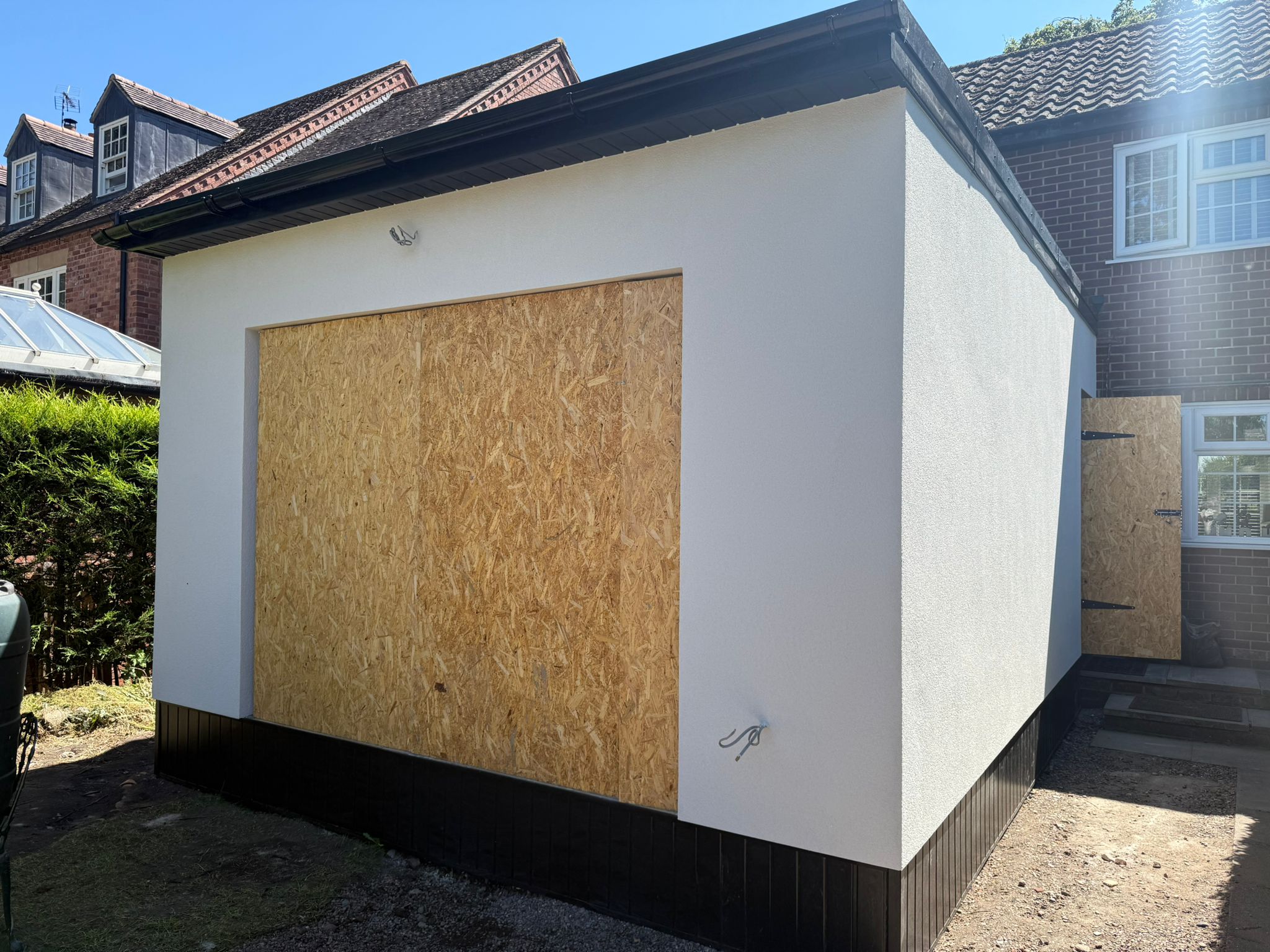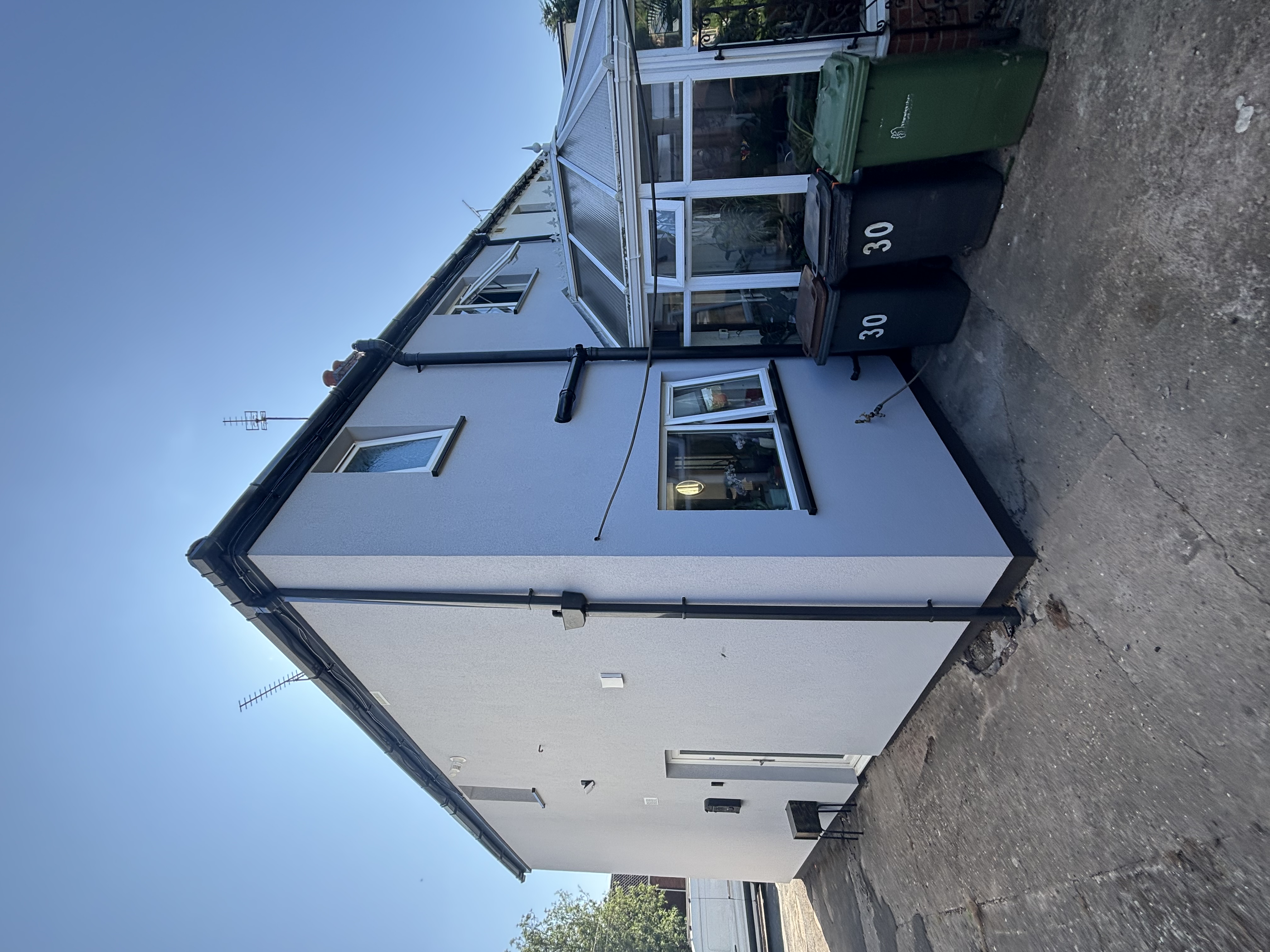
In the UK, the drive for sustainable construction has become more vital than ever. More homeowners are now adopting external wall insulation (EWI) as a key component of their green initiatives. Additionally, with the government setting ambitious targets for reducing carbon emissions, the construction industry is under pressure to adopt greener practices as well. One key method for achieving this is through EWI, a solution that not only enhances the energy efficiency of buildings but also contributes to a more sustainable future. In this article, we will explore "How External Wall Insulation Builds a Greener Future: The Role in Sustainable Construction," creating sustainable homes and contributing to a more eco-conscious future.


Sustainable construction involves employing building practices that are environmentally responsible and resource-efficient throughout a building's entire life cycle—from design and construction to maintenance and demolition. This method minimises environmental impact, fosters healthier living environments, and can substantially decrease energy consumption and waste production.
In the UK, the construction sector accounts for a significant portion of carbon emissions. Therefore, sustainable construction practices are essential to meet the UK's climate goals, including the target of achieving net-zero carbon emissions by 2050.
Many EWI systems utilise sustainable materials, which have a reduced environmental impact compared to traditional insulation options, thereby enhancing the sustainability of the construction process. As ecological awareness increases, so does the demand for green solutions in External Wall Insulations and Rendering. These sustainable insulation materials excel at retaining heat, providing effective defence against heat loss, and ensuring improved thermal comfort. Additionally, they manage dampness efficiently, maintaining performance with vapour-permeable construction. However, depending on the home's air-tightness, a moisture-managing vapour barrier might occasionally be required.

External Wall Insulation (EWI) involves adding a layer of insulation to the exterior walls of a building, significantly improving its thermal performance. By reducing heat loss, EWI helps maintain a stable indoor temperature, reducing the need for heating in winter and cooling in summer. This leads to lower energy consumption and, consequently, lower carbon emissions.
Lower energy consumption means reduced demand for fossil fuels, which in turn decreases greenhouse gas emissions. This aligns with the UK's broader environmental goals and contributes to the global effort to combat climate change.
External Wall Insulation not only boosts energy efficiency but also shields the building structure from external factors like rain, wind, and temperature changes. This additional protection can prolong the building's lifespan, decreasing the frequency of repairs and maintenance. EWI is also a fantastic solution for revitalising older buildings, extending their longevity, and minimising the need for demolition and new construction.

EWI helps in maintaining a consistent indoor temperature, reducing the risk of dampness and mould growth. This creates a healthier living environment, which is particularly important for individuals with respiratory conditions or allergies.
A well-insulated building ensures a comfortable living or working environment throughout the year. This can improve the overall well-being of occupants and increase productivity in commercial settings.

In summary, External Wall Insulation plays a pivotal role in promoting sustainable construction practices in the UK. By enhancing energy efficiency, improving building durability, and creating healthier indoor environments, EWI helps pave the way for a greener future for us all. External wall insulation is also a key component in creating sustainable homes. Investing in external wall insulation not only benefits homeowners with energy savings and improved comfort but also contributes to a more sustainable future for generations to come.
For property owners and developers looking to make a positive environmental impact while also enjoying significant cost savings, EWI presents an excellent investment.
Ready to start your journey towards a more sustainable and energy-efficient property? Get in touch with PD Rendering for expert advice and a free quote and discover how our expertise can help you achieve your sustainability goals. With over 15 years of experience in external wall insulation and rendering, we’re here to help you build a greener future.

